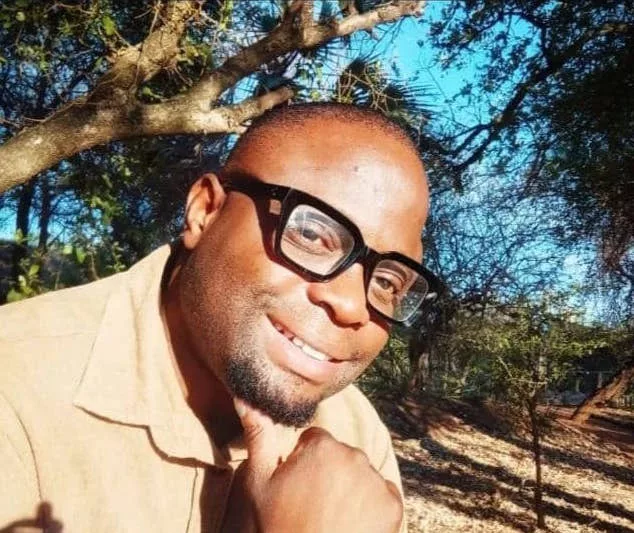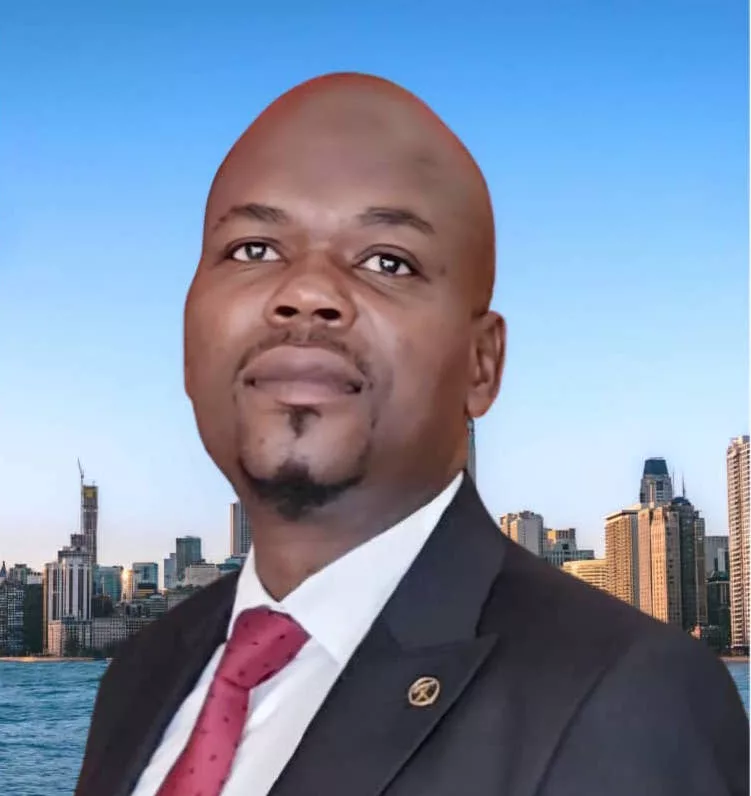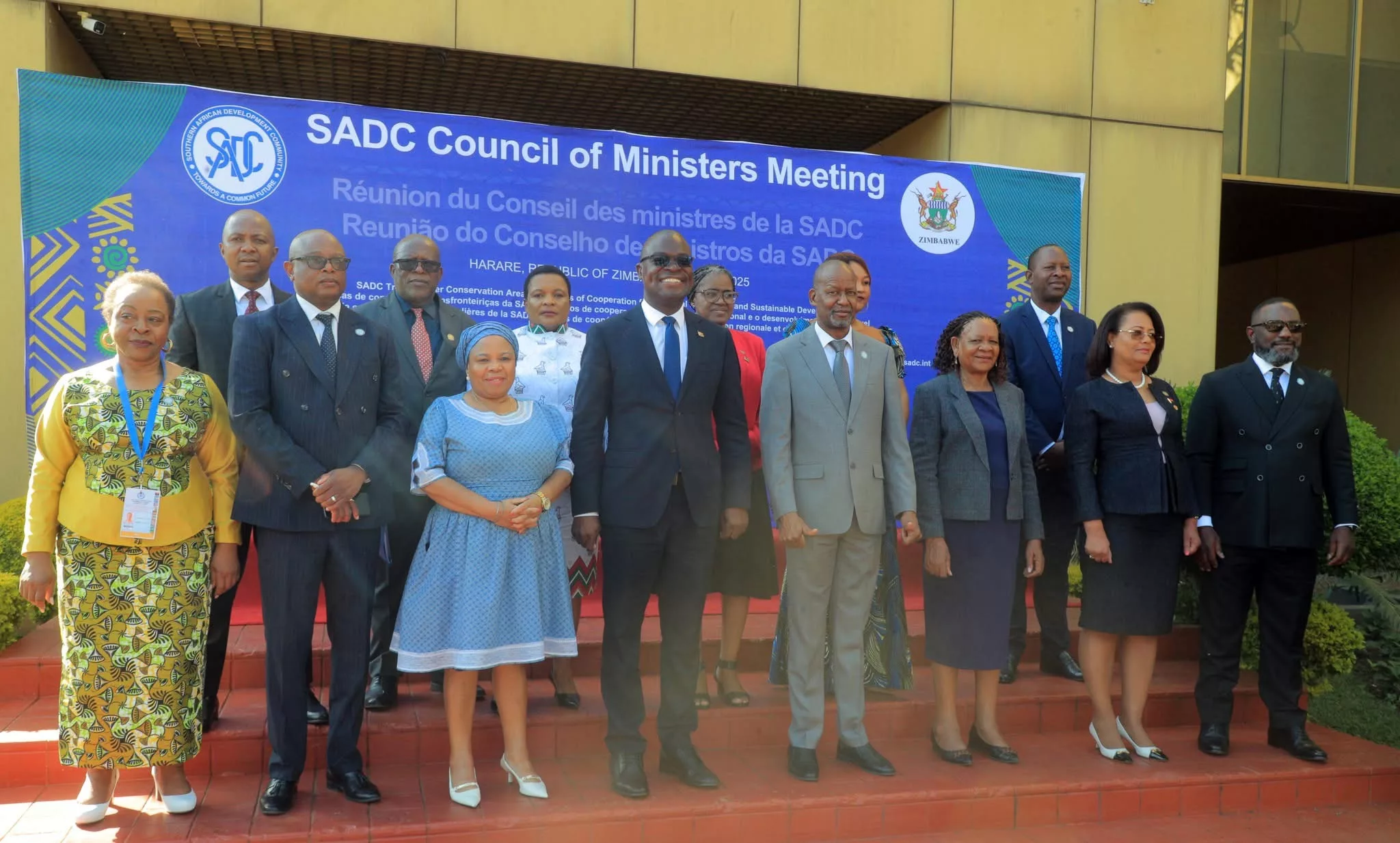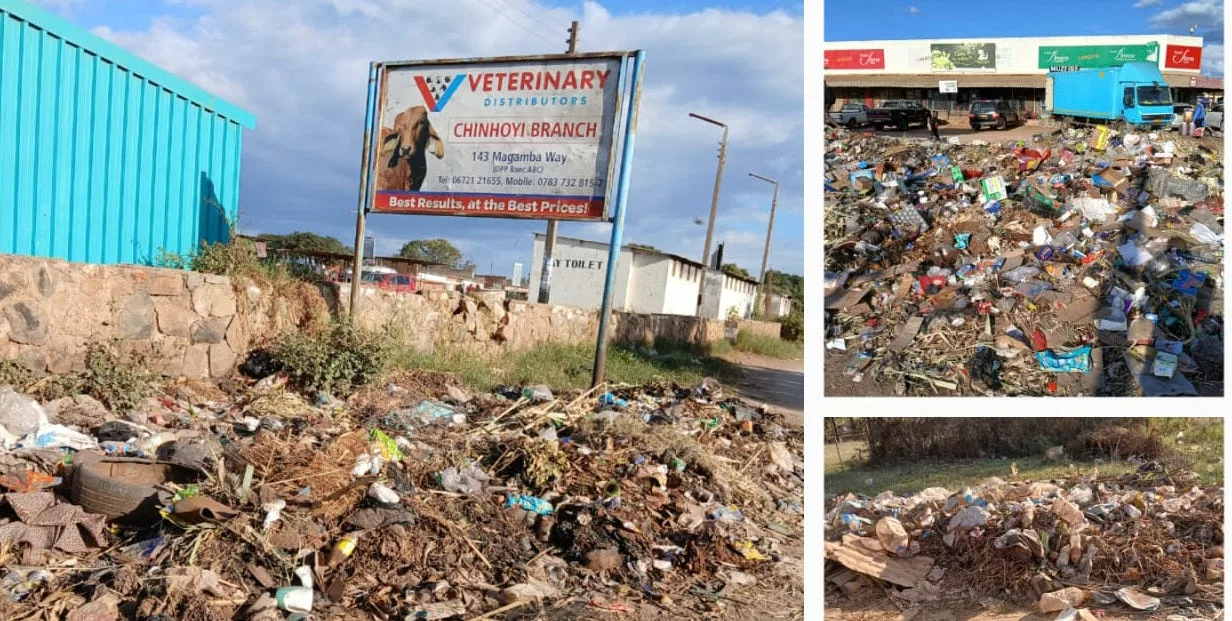By Byron Mutingwende
“When I was involved in an accident, music helped me find myself because I was depressed for long. I had changed as far as I was concerned. My face was no longer the same. Some said my face became asymmetrical but with the support of family and friends I remained resolute. After giving birth, many mothers go through depression and rarely is it addressed with the right attention. Issues of HIV and AIDS and cancers have put a strain on a lot of people.
“As musicians we believe that music has the power to heal; it’s therapeutic and helps create dialogue in families, communities and at institutions. It helps gets a message across and break certain stereotypes,” said Edith Weutonga, the President of the Zimbabwe Musicians Union.
In the last three years, the Zimbabwe Musicians Union has collaborated with the Traffic Safety Council of Zimbabwe on the ‘End Road Carnage’ campaign. The musicians recorded a themed song that has been in use to raise awareness on the dangers of speeding on the roads that have become a death trap to many. They have also recorded short messages on the importance of good driving. In 2016, the musicians worked with MSF on a campaign against sexual gender based violence.
She made the remarks at a workshop organised by the African Mental Health Research Initiative (AMARI) on 7 June 2018 that sought to improve mental health in Zimbabwe through building synergies with the media and artists.
The key objective was to build strong networks between Mental Health experts, the local media and local artists with the aim of working together to raise Mental Health awareness to the public.
We want the fight against substance or drug abuse to be a collective effort. This meeting provides opportunities for Mental Health experts to formally meet and interact with the media. It also gives the local media an insight into some of the Mental Health activities being done in Zimbabwe. Together we should fight stigma associated with mental illnesses, advocate for clear policy frameworks on Mental Health and work on integrating Mental Health into mainstream health fiscal and policy. The media have access and great influence to the public as they can shape opinion. It is our hope that synergies will be built from this workshop that will see the Mental Health story being communicated to the public,” said Professor Dixon Chibanda, the AMARI Consortium and the Friendship Bench Director.
The Friendship Bench was introduced in 2006 to urgently address the high prevalence of people with metal health problems in the communities. It started in Mbare with only 20 local health workers and Prof Chibanda was spearheading the programme.
“Globally, an estimated 600 million people suffer from depression alone. In Zimbabwe, 30% of all patients at clinics and hospitals have mental health problems. This is more so due to substance abuse among the youths who are increasingly taking Broncleer, cannabis and Musombodhiya to intoxicate themselves. In fighting this, we should engage the artists, the media and involve communities in a bid to enhance mental wellbeing,” Prof Chibanda said.
He said it was important to develop platforms to leverage public transport to convey the message on mental wellbeing.
Munya Chimwara, the Health Communications and Advocacy Consultant of KAIROS Communications said that while large news organisations often have reporters with some scientific education to specialise in writing about health science, most smaller newspapers, radio and television stations leave the task to general reporters.
“There is need for health specialists to assist with putting health science knowledge into words which the audience understands. Writing something you do not understand leads to the risk of making errors. There is conflict between the aim of scientists that centres on precision while journalists focus on simplicity. This workshop should address the conflict between the two. It is important for mental health researchers to collaborate on demystifying stigma around mental health challenges,” Chimwara said.






